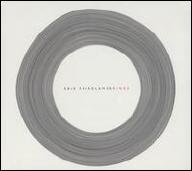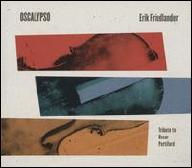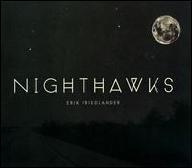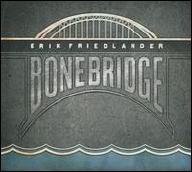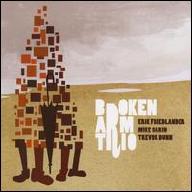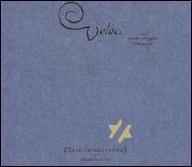Erik Friedlander
Biography
Cellist Erik Friedlander grew up exposed to RB and jazz since his father photographed many album covers for Atlantic during the '50s and '60s. During his childhood and high school years, Friedlander was involved in chamber groups, his school orchestra, and a local rock band. He enrolled at Columbia University in 1978 to pursue a music degree, but it wasn't until a year later, upon hearing and speaking with bassist Harvie Swartz, that Friedlander decided to become a professional musician. Shortly thereafter, he joined Swartz's quintet, and the group released Underneath It All on Gramavision. His idea of what role a cello could play in jazz and modern music changed when he heard Hank Roberts in the string trio Arcado. Not too long after this, Friedlander began working with saxophonists John Zorn and Marty Ehrlich and trumpeter Dave Douglas. He performs on Douglas' 1993 release on Soul Note entitled Parallel Worlds. The next year, he formed his own group, Chimera, a quartet with clarinetists Chris Speed and Andrew D'Angelo and bassist Drew Gress; the group has two CDs out on Zorn's labels, Avant and Tzadik. Friedlander still performs classical music -- he has been principal cellist with Marin Alsop's Concordia, for instance -- but is focusing more on composition and improvisation; he's toured the U.S. and Europe with Joe Lovano, Myra Melford, John Zorn, and more. Friedlander has made appearances in the pop realm, too, having contributed parts to CDs by Maxwell and Dar Williams; he even performed on MTV with Courtney Love's Hole. In 1996, he formed the group Topaz -- originally to accompany a dance recital his wife choreographed -- which brought together Andy Laster and the rhythm section of brothers Satoshi and Stomu Takeishi; they recorded a self-titled album (which Siam released) the end of that year. Besides being busy with Topaz, the close of the '90s found Friedlander playing in a new quartet inspired by the work of Balthus, called the Game of Patience, with Ikue Mori; Skin followed in early 2000. In 2001 he released Gates of Paradise for Tzadik's Radical Jewish Culture series, followed by Quake in 2003, a collaboration with rhythmic Japanese siblings Stomu and Satoshi Takeishi. That same year, Friedlander released his first solo outing, the sparkling and literate Maldoror. 2006 saw the release of Prowl. ~ Joslyn Layne, Rovi
Top Tracks
Albums
Videos
Close


